|
Experts across the country have long called for stronger, more consistent political donations laws. Yet in many states, and at a federal level, such change remains elusive. So when South Australian Premier Peter Malinauskas announced his government would move to ban donations altogether, it felt like a breakthrough moment.
But even in the initial selling of the policy, Malinauskas set about controlling expectations. While labelling it “world-leading”, he flagged that any law reform like this would probably be challenged in the High Court. So would it survive such legal scrutiny?
As constitutional law expert Anne Twomey explains, the South Australian proposal has some major flaws. One is the significant power it would give to third-party campaigners such as unions and business lobby groups, as their ability to raise and spend money would continue unencumbered. Another is how the proposed model would favour incumbent parties and MPs.
“Why does this matter? First, because a healthy democracy needs to accommodate newcomers, competition and disruption. A law that protects and supports existing parties only is likely to result in political stagnation and the loss of public engagement in politics,” Twomey writes.
She points out that this legislation is a good chance to experiment on a state level in the hope the federal government could learn something. It seems this is Malinauskas’ approach too. He told the ABC that while a legal challenge might be waiting in the wings, “that doesn’t mean we shouldn’t give it a red hot try, because what if we succeed?”
And while we’re on the subject of donations and democracy, we need your support to help fund our unique model of journalism. We hope in turn that our content helps our readers make better decisions in all areas of life, whether it’s the ballot box, the bank, the school or the supermarket. So please consider making a contribution.
|

|
Erin Cooper-Douglas
Deputy Politics + Society Editor
|
|
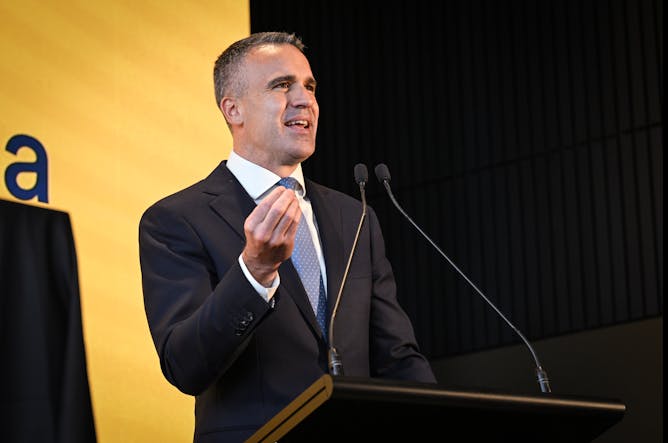
Anne Twomey, University of Sydney
Banning political donations may sound like a good idea, but Peter Malinauskas’ plan raises political and legal risks.
|
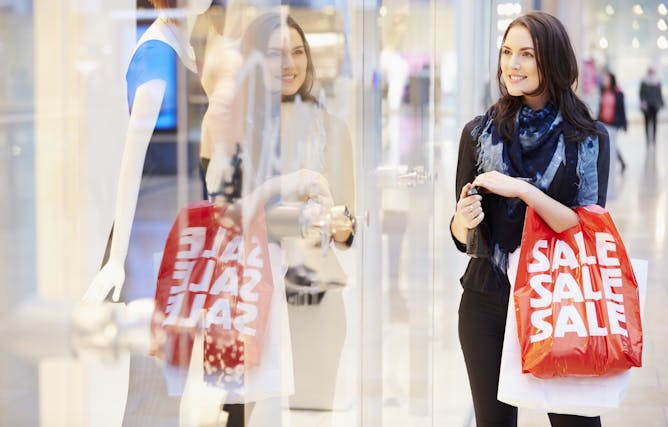
Park Thaichon, University of Southern Queensland
When you’re spending up at the end of financial year sales, it’s important to understand the refund and exchange policies of different retail stores.
|
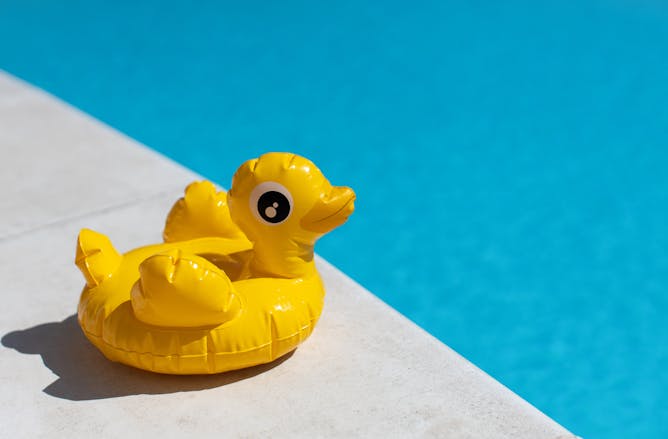
Asma Aziz, Edith Cowan University
For years, the ‘duck curve’ of low daytime demand due to cheap solar power has challenged energy planners. California is showing the solution is storage.
|
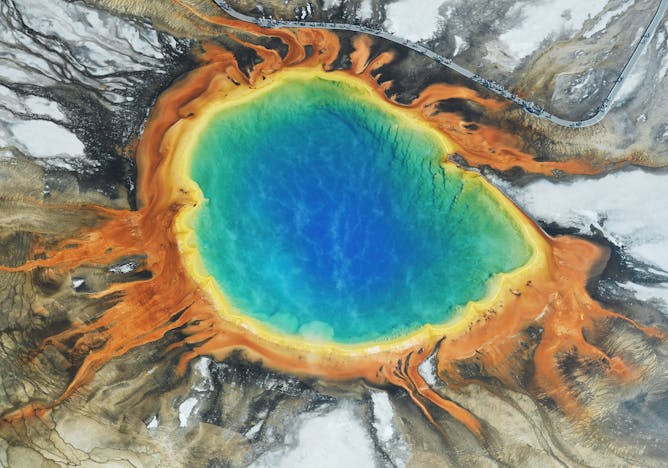
Pok Man Leung, Monash University; Chris Greening, Monash University
Enigmatic organisms called archaea can harvest energy from hydrogen, and new research is revealing exactly how they do it.
|
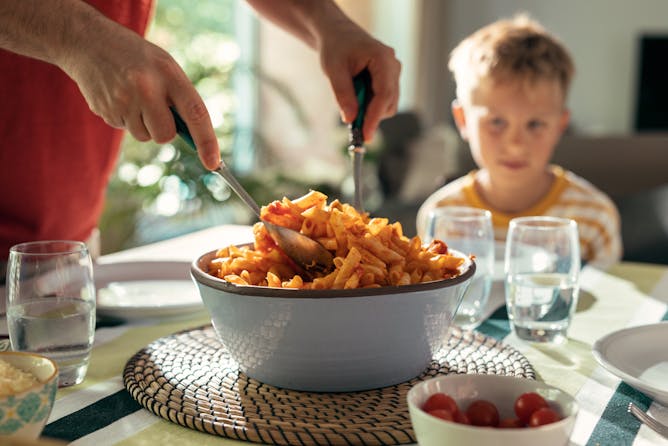
Stella Boyd-Ford, The University of Queensland; Clare Dix, The University of Queensland
Meals can be a recipe for distress when children find recognising feelings of hunger and thirst, completing tasks, processing sensory input or social interactions challenging.
|
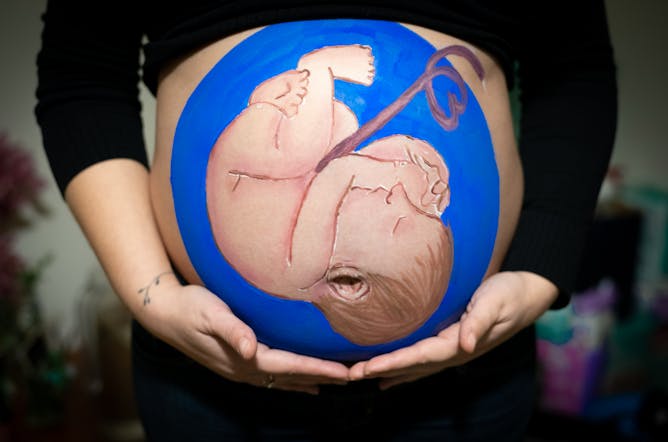
James Greenslade-Yeats, Auckland University of Technology; Gill Kirton, Queen Mary University of London; Janine Clemons, Auckland University of Technology; Katherine Ravenswood, Auckland University of Technology; Tago Mharapara, Auckland University of Technology
With a 40% staffing shortfall, midwifery needs better funding. But as new research shows, midwives also need recognition and support for the important work they do in the New Zealand health sector.
|

Will Visconti, University of Sydney
A new exhibition at the Art Gallery of New South Wales shows the full breadth of Alphonse Mucha’s work and his commitment to the transformative power of art.
|
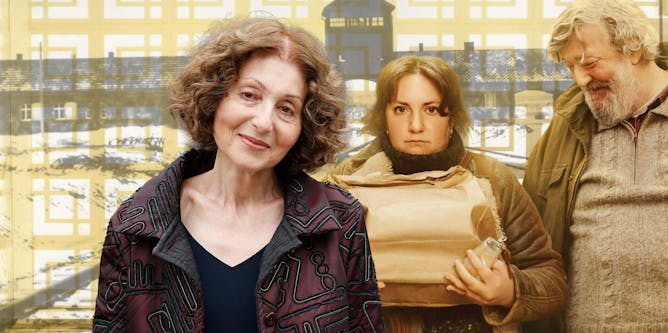
Tess Scholfield-Peters, University of Technology Sydney
Too Many Men won acclaim for its depiction of a father and daughter and their different emotional responses to the crimes of the past. Tess Scholfield-Peters considers the book’s impact today.
|
Politics + Society
|
-
Michelle Grattan, University of Canberra
Prime Minister Anthony Albanese and Chinese Premier Li Quang discussed Chinese foreign interference in Australia and the situation of Australian national Yang Hengjun, incarcerated in China for alleged spying.
-
Yu Tao, The University of Western Australia
China has used the animals to foster diplomatic goodwill for decades. However, with big differences between China and Australia, pandas perhaps can only do so much.
-
Caroline Fisher, University of Canberra; Kieran McGuinness, University of Canberra; Sora Park, University of Canberra
A new study shows Australians are wary of news that is produced by AI – but they worry more about its involvement in certain kinds of news than others.
-
Adrian Beaumont, The University of Melbourne
While Labor still hand a two party preferred lead over the Coalition, Peter Dutton has moved ahead as preferred PM for the first time.
|
|
Health + Medicine
|
-
Vincent Ho, Western Sydney University
Your biology really is telling you to poo in the morning. And yes, your coffee is partly to blame.
|
|
Science + Technology
|
-
Niusha Shafiabady, Charles Darwin University
With any AI system, we should match our expectations to its abilities – which have many potential limits.
|
|
Environment + Energy
|
-
Tony Wood, Grattan Institute
If Australia is to achieve net-zero emissions by 2050, the Coalition needs to stump up with a plan to decarbonise the entire economy.
-
Nathan Cooper, University of Waikato
The government’s priorities are shifting towards adaptation to protect communities, jobs and industries. But the longer we wait to cut emissions, the more the costs of climate change will compound.
|
|
Books + Ideas
|
-
Vanessa Berry, University of Sydney
Cher Tan’s ambitious, subversive essays wield incisive humour and references spanning from high theory to niche DIY publications.
|
|
Business + Economy
|
-
Toni Patricia Brackin, University of Southern Queensland
If companies are ‘people’ too in the eyes of the law - why are they taxed differently from the rest of us?
|
|
| |
|
|
|
James Cook University
Cairns QLD, Australia
•
Contract
|

|
|
|
|
| |
| |
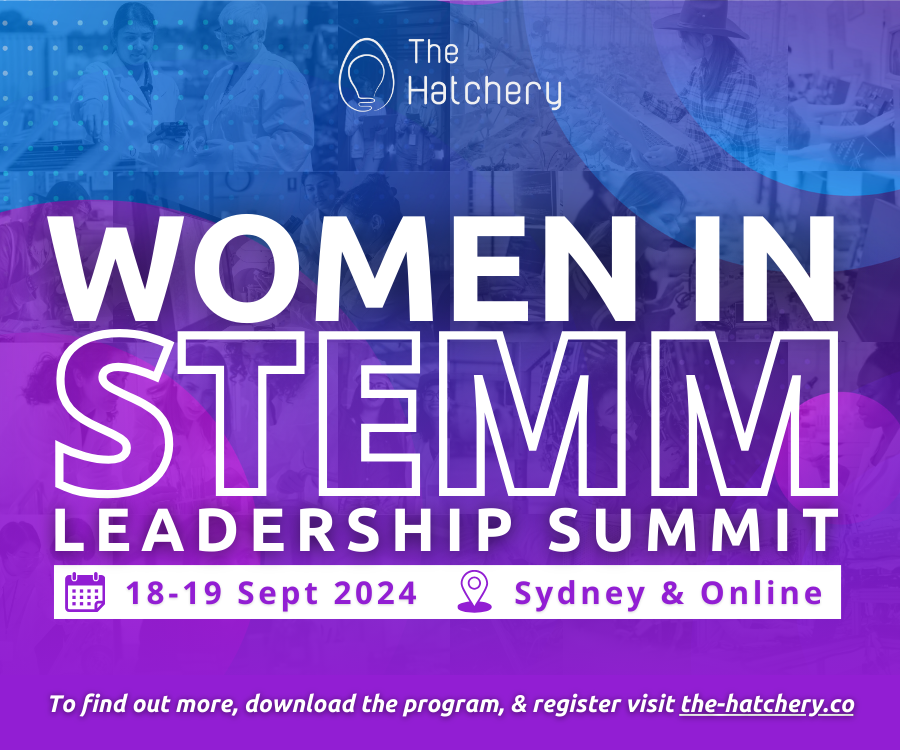
|
| |
| |
| |
Featured Events, Courses & Podcasts
|
View all
|
|
|
|
| |
| |
| |
| |
| |
|
|